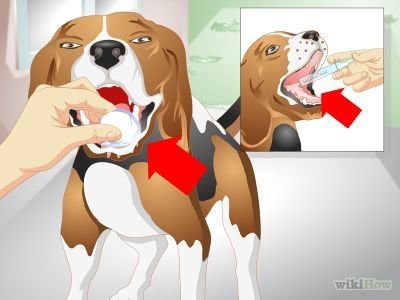
It can be unsettling to see your dog vomiting — especially when the vomit is just clear liquid. Is it serious? Should you rush to the vet? Or is it something that can be managed at home?
The good news is that dog vomiting clear liquid is fairly common and not always a sign of something serious. However, it can also be an early indicator of underlying issues that need attention. In this guide, we’ll explore the most common causes, when to worry, and what steps to take next.
What Does It Mean When a Dog Vomits Clear Liquid?
When a dog vomits clear liquid, it’s usually gastric fluid, water, or saliva. It may occur on an empty stomach, after drinking water too quickly, or as a symptom of mild indigestion. In some cases, it may point to more serious problems like gastrointestinal illness or foreign object ingestion.
Common Causes of Clear Liquid Vomiting in Dogs
1. Empty Stomach or Hunger Pukes
Dogs that go too long without food may vomit bile or clear stomach fluids. This is especially common in the morning before breakfast.
2. Drinking Water Too Fast
After vigorous play or when they’re very thirsty, dogs may gulp down water and vomit it back up. This isn’t usually dangerous unless it happens frequently.
3. Mild Gastritis or Upset Stomach
Something your dog ate (like grass, spoiled food, or human leftovers) may cause mild stomach irritation, resulting in vomiting.
What You Can Do at Home
If your dog seems otherwise healthy and has only vomited clear liquid once or twice, try the following:
-
Withhold food for 8–12 hours (but not water unless vomiting continues)
-
Reintroduce bland food like boiled chicken and rice in small portions
-
Feed smaller, more frequent meals going forward
Final Thoughts
While it’s often harmless, dog vomiting clear liquid can also be your pet’s way of telling you something’s wrong. Always observe your dog’s behavior closely and don’t hesitate to reach out to your vet if symptoms persist or worsen. Early action can make all the difference in keeping your pup safe and healthy.
Learn More
For more insights on dog health, visit pawpall.com or talk to your local veterinarian about your dog’s digestive symptoms.
